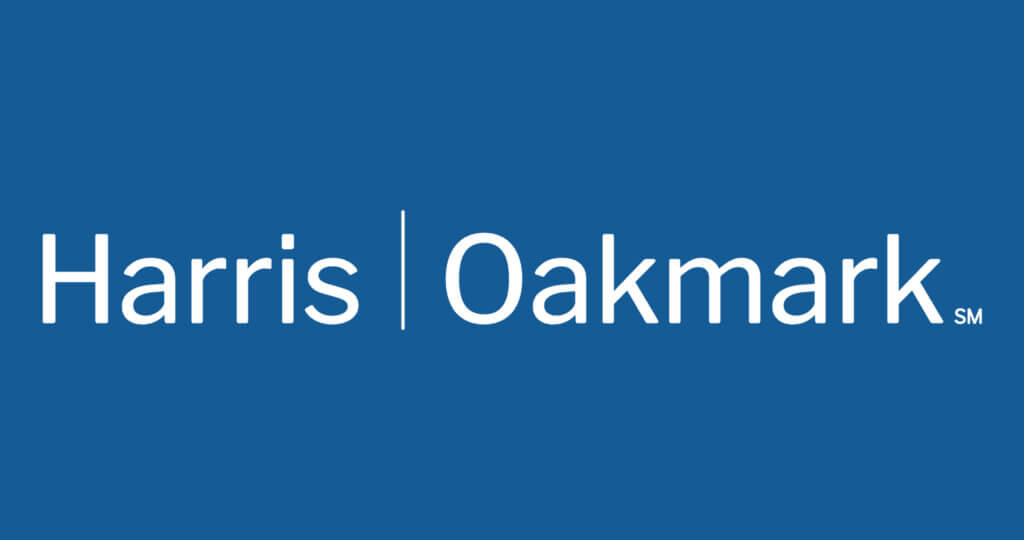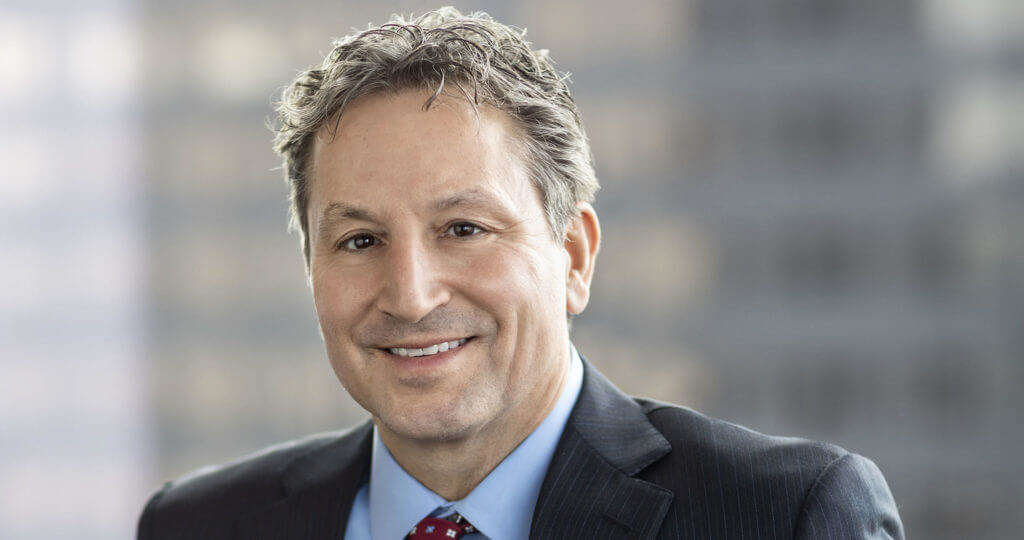Fellow shareholders,
In the final quarter of 2015, both Oakmark International Funds generated positive returns; however, only the Oakmark International Small Cap Fund was positive for the year. Certainly, the strong dollar was one of the major negative forces for holders of all foreign equity funds, given the negative currency impact that started in mid-2014 and persisted through 2015. For further details, please see individual Fund letters.
2015: Not a “Feel Good” Year—Share Prices Reflect Mood
Clearly, 2015 lacked positive feelings. First of all, the leadership vacuum in the U.S. and Western Europe created a global ripple effect. This effect is exemplified by people’s mistrust in their leaders, most of whom were elected. In these countries, people appear to want something more—and less typical—out of their political leaders. “Third Party” types, whether left, right or center, are faring quite well around the world, including the U.S., Europe and Latin America.
Tragically, 2015 started with the terrorist attack in France at the offices of the satirical newspaper, Charlie Hebdo. The year proceeded with two elections in Greece, continued political crisis in Brazil, depressed energy and commodity prices, and the continued slowdown in the BRIC economies, with China’s slower growth causing the greatest concern. We also witnessed the expansion of ISIS, which launched another terrorist attack in France and inspired the mass shooting in San Bernardino, California. With so much turmoil, share prices often reflect “mood” in the short term, and this negativity could contribute to the lack of buoyancy in global equity markets.
Cause for Optimism
There is still reason for optimism. I mentioned the collapse of commodity prices as a negative factor above, but for many, this is a positive. Low energy prices are a windfall for consumers who now pay less to fill their gas tanks and heat their homes. The eurozone is slowly coming out of its funk, led by some limited reforms (especially in the periphery countries such as Ireland, Spain and Portugal), a stabilized situation in Greece, a weaker euro that aids in comparative competitiveness and an easier monetary policy.
Even in Latin America, reformers have won elections in Argentina and, of all places, Venezuela. In the U.S., the world’s largest economy, we are approaching full employment, increasing our energy resources, and continuing to build a large pool of hard-working and innovative people who are developing new products, services and conveniences that make the U.S. more productive, competitive and efficient. Overall, despite the negatives I cited above, the world economy is still expected to grow at a 3% rate.
We Carry On
It’s natural to instinctively react to all of the macro and geopolitical events that occur, but we believe it is a mistake to focus on these events when making investment decisions. As I have mentioned countless times in past letters, these events rarely impact long-term business value in a meaningful way. Rather, they are distractions to investors. In fact, these events should be used to exploit short-term traders, as they enable real investors to buy into businesses at low entry prices.
At Harris Associates, our job is to measure and determine intrinsic value, buying when prices are low and selling when prices are high. By focusing on these fundamentals, rather than the exogenous events mentioned above, we believe we will continue to earn, over time, acceptable rates of return for those who entrust us with their funds.
Happy 2016 to all! We remain grateful for your confidence and trust, and will continue to work hard to earn it.
Past performance is no guarantee of future results. The performance data quoted represents past performance. Current performance may be lower or higher than the performance data quoted. The investment return and principal value vary so that an investor’s shares when redeemed may be worth more or less than the original cost. The performance of the Oakmark International Small Cap Fund does not reflect the 2% redemption fee imposed on shares redeemed within 90 days of purchase. To obtain the most recent month-end performance data, view it here.
Investing in foreign securities presents risks that in some ways may be greater than U.S. investments. Those risks include: currency fluctuation; different regulation, accounting standards, trading practices and levels of available information; generally higher transaction costs; and political risks.
Oakmark International Small Cap Fund: The stocks of smaller companies often involve more risk than the stocks of larger companies. Stocks of small companies tend to be more volatile and have a smaller public market than stocks of larger companies. Small companies may have a shorter history of operations than larger companies, may not have as great an ability to raise additional capital and may have a less diversified product line, making them more susceptible to market pressure.
Oakmark International and Oakmark International Small Cap Funds: The Funds’ portfolios tend to be invested in a relatively small number of stocks. As a result, the appreciation or depreciation of any one security held will have a greater impact on the Funds’ net asset value than it would if the Funds invest in a larger number of securities. Although that strategy has the potential to generate attractive returns over time, it also increases the Funds’ volatility.
The discussion of the Funds’ investments and investment strategy (including current investment themes, the portfolio managers’ research and investment process, and portfolio characteristics) represents the Funds’ investments and the views of the portfolio managers and Harris Associates L.P., the Funds’ investment adviser, at the time of this letter, and are subject to change without notice.








